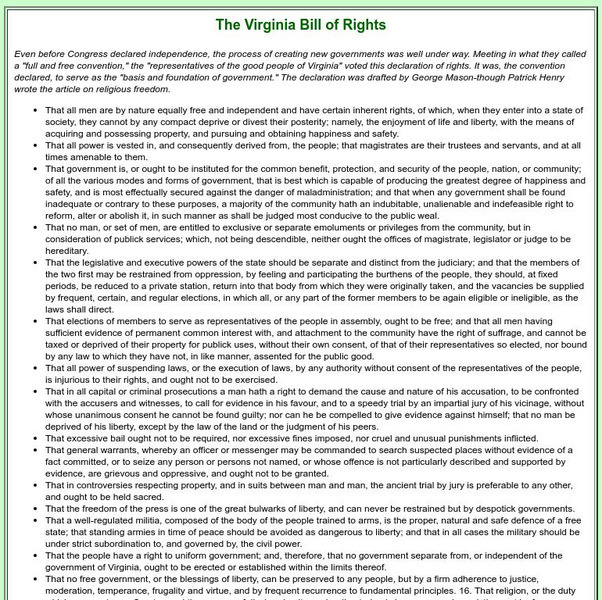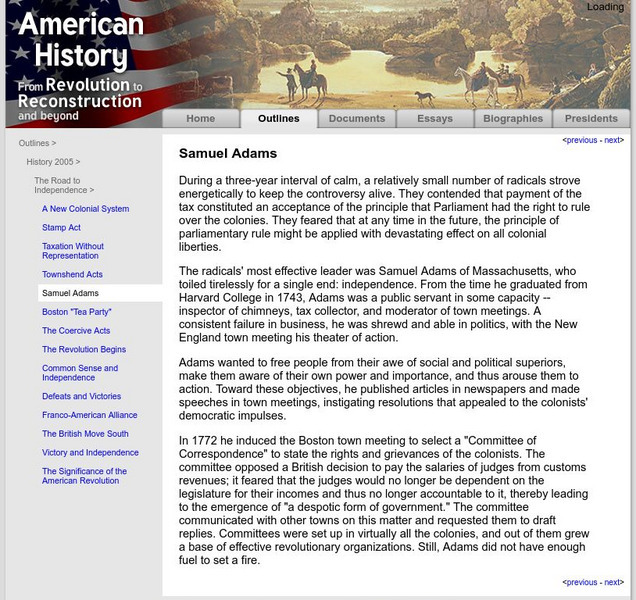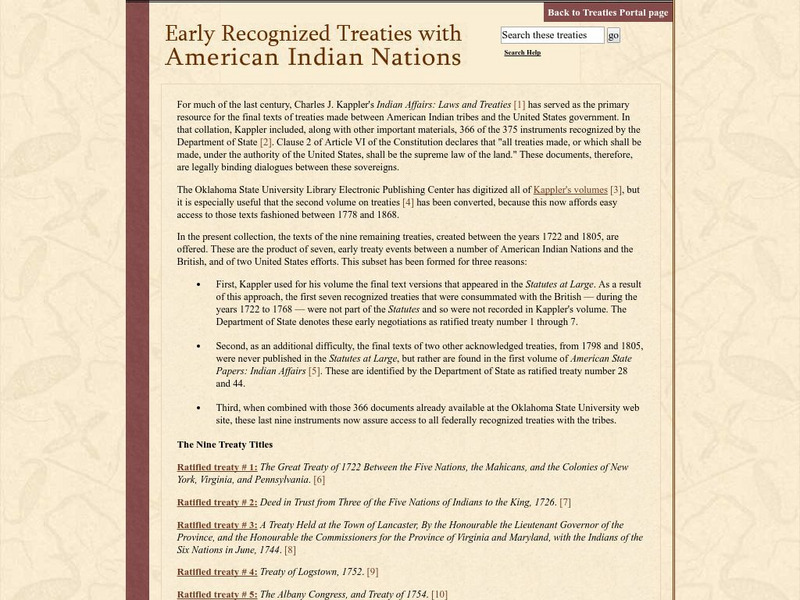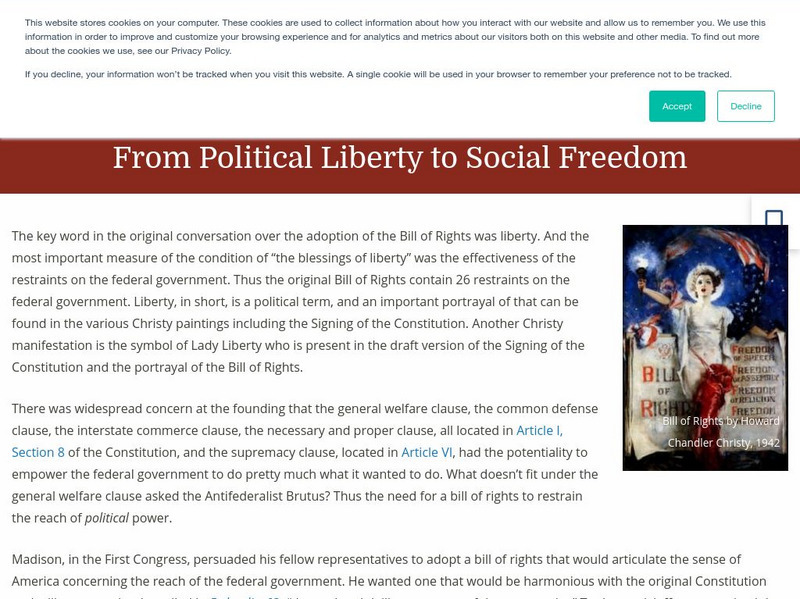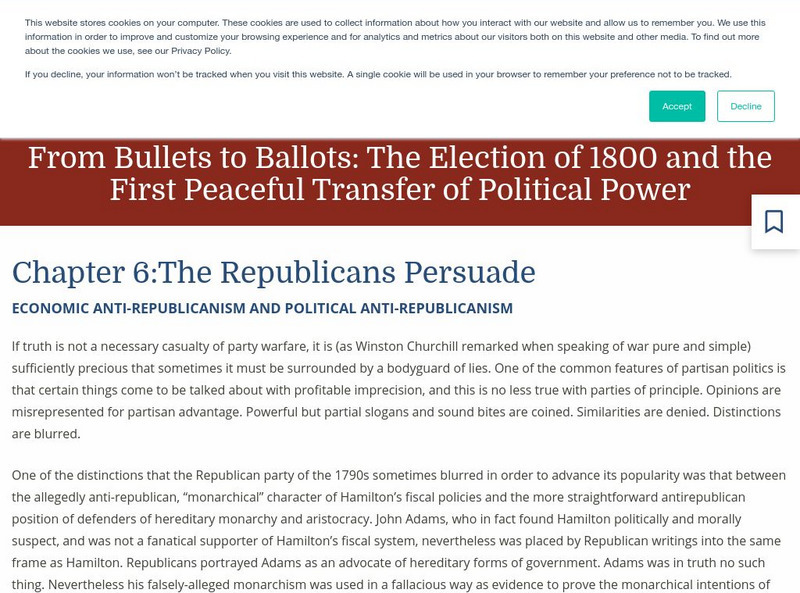Curated OER
Freedom to Worship
Fifth graders read the biographies of seven colonists and determine their position on the freedom of religion. They conduct a panel discussion of seven personalities and debate the religious freedom in America.
Curated OER
The Historical and Economic Impact of the Civilian Conservation Corps in South Carolina
Eighth graders explore the effects of the Civilian Conservation Corps. In this lesson, 8th graders use primary sources to examine how the CCC impacted North Carolina. Students will locate National Parks on a map, write a summary and...
Curated OER
Death and the Deerfield Graveyard
Students learn how death is an indicator of the community beliefs and values, and how have the rituals surrounding death changed over time.
Curated OER
Analyzing the 2000 Election
Students research and analyze the year 2000 presidential election results. They identify the reasons this particular election was so unusual and predict how voting outcomes might affect their communities, the country and the world.
Curated OER
Perseverance
Students examine how the failure of Reconstruction led to the systematic passage of Jim Crow laws in states across the South and the negative impact these laws had on the growth and development of the US.
Curated OER
How Michigan Law Affects You
Students examine how the laws in Michigan affect their lives. They use primary source documents to analyze the state's history. They discuss laws pertaining to women as well.
Curated OER
Powerful Signatures
Students experience famous historical documents that were initiated and propelled by signatures such as Declaration of Independence, U.S. Constitution. They create a school amendment using the information gathered.
Constitutional Rights Foundation
Constitutional Rights Foundation: The Whiskey Rebellion and the New American Republic
Article and activity on the Whiskey Rebellion in which students read about this historic event for class discussion and identify larger themes of justice in early American government. Individual and small group participation.
Library of Congress
Loc: Policies and Problems of the Confederation Government
This teacher resource includes imagesand historical documents, alllowing readers to trace the creation of our government from the Continental Congress through the Articles of Confederation. An overview helps to clarify the policies and...
University of Groningen
American History: Outlines: Early American and Colonial Period to 1776
Background information about the literary traditions of the pre-Colonial and Colonial period. Includes information about Native American oral traditions and Native American cultures. Follow the links to the Early American era and to...
University of Maryland
Howard County Public School System: Foundations of American Government [Pdf]
How was the foundation of today's representative democracy established in early colonial America? Students will be able to source three documents and corroborate evidence to draw conclusions about the development of democratic ideas and...
Henry J. Sage
Sage American History: The Virginia Bill of Rights
Primary source document establishing a basis and foundation of early American government. This document, adopted in Virginia and drafted by George Mason and Patrick Henry, precedes the Congressional call for independence.
Curated OER
National Park Service: Ellis Island: Colonial and Early American New York 1609 1890
Provides an overview of the history of New York and of how the United States government came to acquire Ellis Island. Fort Gibson was built there prior to the War of 1812 to serve as a strategic post in case of attack.
Quia
Quia: American Colonial Government and Policies
Review your knowledge of the early American government with these interactive games. Play concentration, matching, flashcards, or click on "list of terms" to see the vocabulary used in each activity.
Henry J. Sage
Sage American History: American Economic Growth 1820 1860
Article outlines the boom in early American economic growth as a result of Northern industry in manufacturing, steam power, transportation and the role of government between 1820 and 1860.
iCivics
I Civics: Wanted: A Just Right Government
Look at the tensions and differences of opinion that existed among early American states and citizens. Learn about the Articles of Confederation, why the first "constitution" didn't work, and how compromise led to the Constitution.
Library of Congress
Loc: Journals of the Continental Congress
These journals from the Continental Congress of the United States will provide students with a greater understanding of the foundations of American government as established in the late 18th century. Includes handwritten documents by...
PBS
Pbs: "Kill the Indian and Save the Man": Native American Representation
Learn about the impact of US government policies of assimilation, relocation, and urbanization on Native American identity and culture in this series of videos from the American Masters film Words from a Bear: N. Scott Momaday. Years...
University of Groningen
American History: Outlines: Samuel Adams
Overview on the early American radical, Samuel Adams, a political organizer who called for American independence.
Library of Congress
Loc: The African American Odyssey: A Quest for Full Citizenship
Online exhibit from the Library of Congress explores black America's quest for equality from the early national period through the twentieth century. Exhibit contains a wealth of items including books, government documents, manuscripts,...
University of Nebraska
Univ. Of Nebraska Lincoln:early Recognized Treaties With American Indian Nations
All of the treaties that were negotiated between Native Americans and the United States government can be accessed here. Charles J. Kappler's Indian Affairs: Laws and Treaties, which is the primary reference for treaty texts, is fully...
Teaching American History
Teaching American History: From Political Liberty to Social Freedom
In the early stages of the new nation's government the members of Congress sought to protect the citizens from political tyranny. Social freedoms emerged in the twentieth century when FDR begged for economic protection of U.S. citizens.
Teaching American History
Teaching American History: From Bullets to Ballots Chapter 6
Zvesper's book, From Bullet to Ballots, Chapter 6 introduces what anti-republicans looked like in the early days of the U.S. government. How did republicans differ from anti-republicans? What were representatives of each group?
University of Groningen
American History: Outlines: State Constitutions
The success of the Revolution gave Americans the opportunity to give legal form to their ideals as expressed in the Declaration of Independence, and to remedy some of their grievances through state constitutions. As early as May 10,...










![Howard County Public School System: Foundations of American Government [Pdf] Lesson Plan Howard County Public School System: Foundations of American Government [Pdf] Lesson Plan](https://static.lp.lexp.cloud/images/attachment_defaults/resource/large/FPO-knovation.png)
